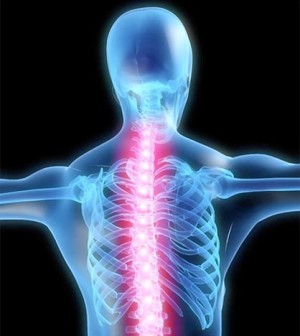
Age and Microbiome’s Impact on Bone Health
Researchers have discovered that the loss of bone density in ageing mice occurs independently of their gut microbiome. This finding challenges the long-held belief that gut bacteria significantly influence age-related bone deterioration.
In a study led by Harvard Medical School and published in Bone Research on November 8, 2024 (DOI: 10.1038/s41413-024-00366-0), scientists used advanced genetic and metabolic analysis to compare the bone health of germ-free mice and those with a colonized microbiome. The results showed that both groups experienced similar declines in bone density, regardless of the presence of gut microbiota.
Dr. Xiaomeng You, the lead researcher, explained, “Our study challenges the notion that the gut microbiome is a major player in age-related bone loss. By examining other biological factors, we hope to pave the way for new treatments for osteoporosis.”
Osteoporosis, a global health issue, particularly affects older adults. The findings suggest that future research should explore genetic, hormonal, and environmental factors to develop more effective osteoporosis treatments. While the gut microbiome remains important for overall health, its role in bone aging may be less significant than previously thought.
This study encourages a broader perspective on bone health, potentially leading to innovative therapies that could improve the quality of life for aging populations.